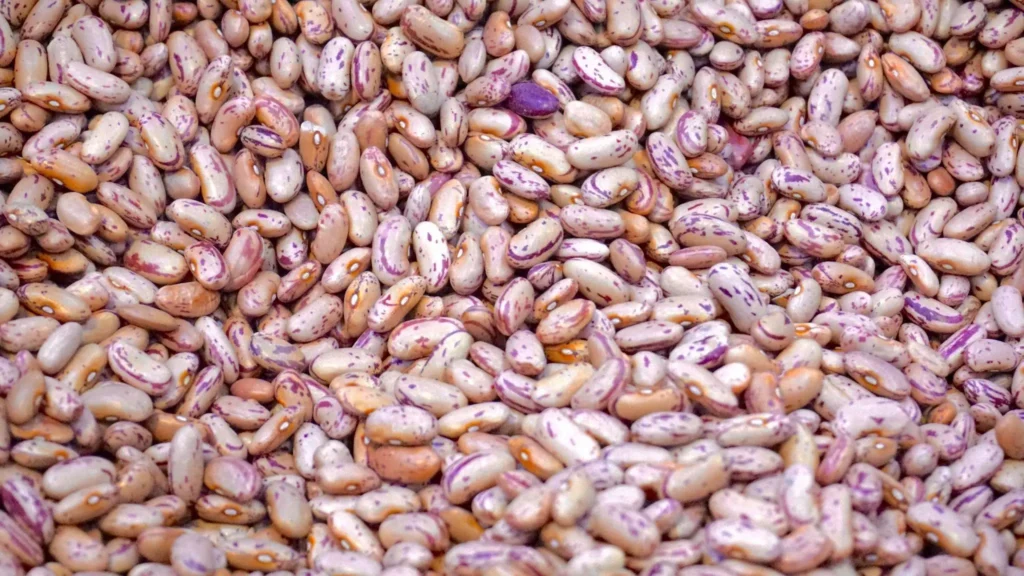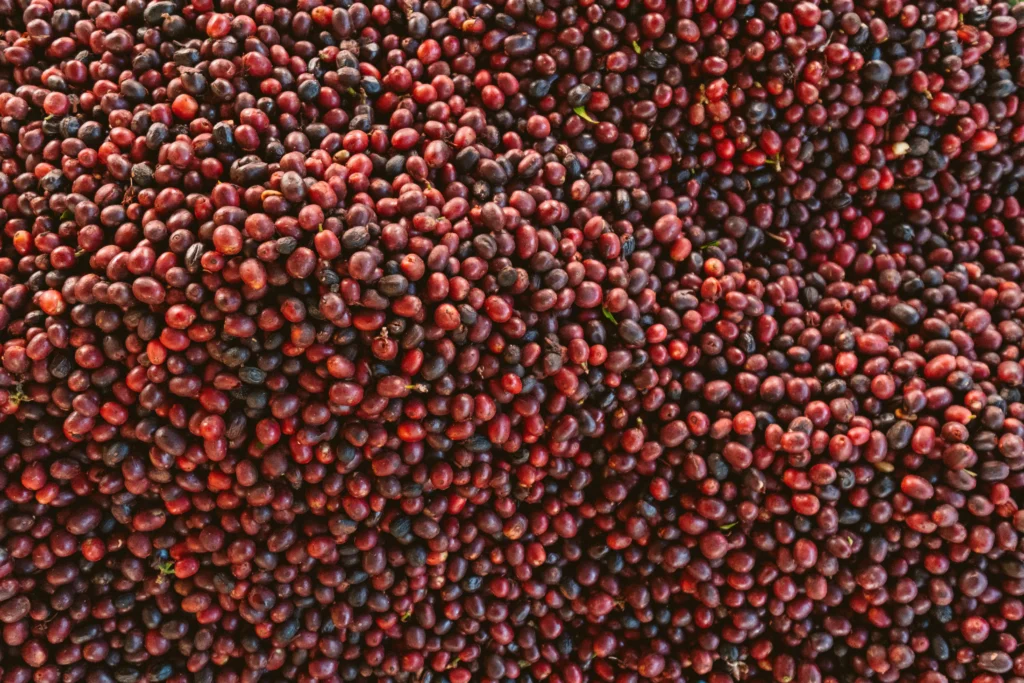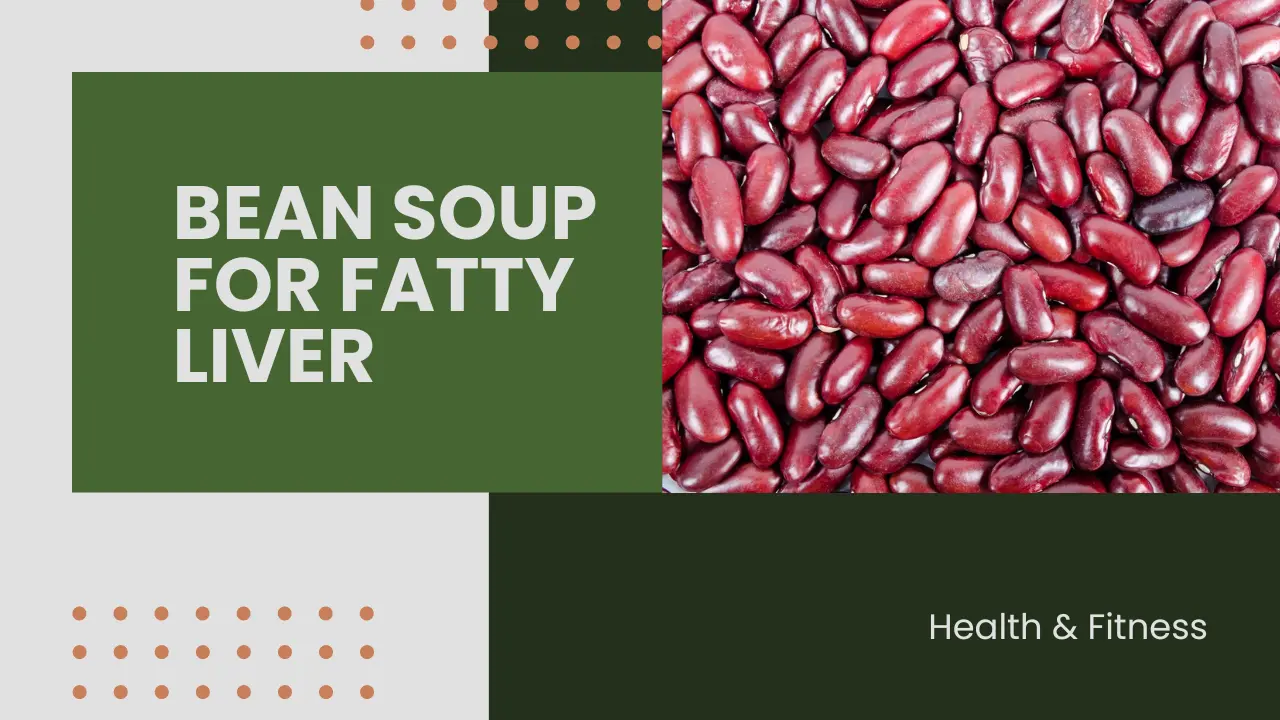In the pursuit of optimal health, attention often falls on the liver, a vital organ responsible for many essential functions within the body. Among various dietary ideas, one promising contender that has gained attention is bean soup. Recognized for its nutritious composition, bean soup is emerging as a potential ally in supporting liver health, especially for those struggling with fatty liver conditions.
Maintaining a healthy liver is essential for overall well-being, as this organ plays a central role in processes such as detoxification, nutrient metabolism and immune system modulation. An overburdened liver, often associated with conditions such as fatty liver disease, can compromise these functions, highlighting the importance of adopting dietary choices that promote liver health.
Enter bean soup, a nutritious concoction that not only tantalizes the taste buds but also offers a host of benefits for liver health. Beans, the primary ingredient in this hearty soup, are renowned for their nutrient-rich profile. Rich in fiber, antioxidants, vitamins and minerals, beans contribute to a complete diet that can have positive effects on liver function.
For individuals struggling with fatty liver, adding bean soup to their culinary repertoire can be a simple yet effective step toward better liver health. The potential benefits of bean soup lie not only in its nutritional content but also in its role as a satisfying and nutritious meal option. As we delve deeper into the world of bean soup and its effects on liver health, it becomes clear that some dietary choices can actually be a delicious recipe for health. So, let’s highlight the goodness of bean soup and how it can be the delicious solution your liver is craving.
Benefits of Bean Soup for Fatty Liver
A. Nutrient Rich Composition
Bean Soup for Fatty Liver is a nutritional powerhouse, providing a rich composition of essential nutrients that can significantly contribute to overall liver health. Beans, the primary ingredient in bean soup, are renowned for their high fiber content, antioxidants and a range of essential vitamins and minerals. Fiber plays a vital role in promoting digestive health, aiding the elimination of toxins from the body, and aiding weight management – a major factor for individuals with fatty liver conditions. The abundant antioxidants help combat oxidative stress and inflammation, which are often increased in people with liver problems. Additionally, the inclusion of essential vitamins and minerals, such as folate, potassium and magnesium, enhances the nutritional profile of bean soup, providing comprehensive support for liver function.

B. Low in Saturated Fat
A major benefit of including bean soup in the diet for fatty liver is its naturally low saturated fat content. Excessive saturated fat intake is known to contribute to fat accumulation and inflammation in the liver, worsening fatty liver conditions. Bean soup, being naturally low in saturated fat, is in line with dietary recommendations for liver health. By reducing saturated fat intake, individuals can potentially reduce the progression of fatty liver disease. Including bean soup as a low-fat protein source can serve as a delicious and nutritious option, promoting a liver-friendly diet that supports overall well-being.
C. Protein Content
In addition to its fiber and antioxidant content, the protein richness of bean soup makes it an excellent choice for individuals with fatty liver concerns. Protein is an essential nutrient for overall health, playing a vital role in tissue repair, immune function and enzyme production. In terms of liver health, protein is important to support liver function and regeneration. Bean soup provides a plant-based source of protein, which may be especially beneficial for people who want to reduce their reliance on animal products. By including bean soup in the diet, individuals can ensure adequate protein intake while maintaining a liver-friendly approach to nutrition.
FAQs
A. Is bean soup good for your liver?
Bean soup can be really beneficial for your liver, especially for individuals suffering from fatty liver problems. Rich in essential nutrients like fiber, vitamins and minerals, bean soup supports overall liver health. The high fiber content aids digestion and may help control weight, an important factor in maintaining liver function. Additionally, beans contain antioxidants that fight oxidative stress, reducing the risk of liver inflammation and damage.
B. How healthy is bean soup?
Bean soup is a highly nutritious and healthy option. Its nutritional profile includes being low in saturated fat while providing a rich source of plant-based protein. The combination of protein and fiber not only contributes to the feeling of satiety but also helps stabilize blood sugar levels. Additionally, the vitamins and minerals present in bean soup support various bodily functions, promoting overall health and not just liver well-being.
C. Are black beans good for fatty liver?
Black beans are especially beneficial for people with fatty liver problems. Their high fiber content aids in cholesterol management, which is an important aspect of liver health. Additionally, black beans contain antioxidants that may help protect liver cells from damage. Adding black beans to your bean soup can be a delicious and healthy option to improve liver function.

D. Is canned bean soup healthy?
While canned bean soup offers convenience, choosing carefully is essential. Choose low-sodium options to reduce excess salt intake, which is a factor linked to liver problems. Reading labels is important; Choose canned bean soup without added preservatives or unhealthy additives. Preparing homemade bean soup allows for better control over the ingredients, ensuring a healthy option for your liver.
E. Which bean is best for liver?
Various beans contribute to liver health, but black beans, kidney beans and chickpeas are the main ones. These beans are rich in fiber, protein, and antioxidants, providing a holistic approach to liver support. Including a variety of beans in your diet diversifies the range of nutrients your liver receives, increasing its overall resilience and well-being.
Bean Soup Recipe for Fatty Liver
For a nutritious and liver-friendly meal, try this simple and healthy bean soup recipe. Rich in fiber, antioxidants, and essential nutrients, this bean soup is designed to support liver health, making it an excellent choice for people with fatty liver.
Ingredients
- 1 cup black beans, soaked overnight
- 1 cup kidney beans, soaked overnight
- 1 cup chickpeas, soaked overnight
- 1 large onion, chopped
- 2 carrots, diced
- 2 celery stalks, chopped
- 3 cloves garlic, minced
- 1 teaspoon turmeric powder
- 1 teaspoon cumin powder
- 1 teaspoon paprika
- 6 cups vegetable broth (low-sodium)
- Salt and pepper to taste
- Fresh parsley for garnish

Instruction
- Prepare the beans: Wash and drain the soaked black beans, kidney beans and chickpeas.
- Sauté the aromatics: In a large pot, sauté the chopped onion, carrots, celery, and minced garlic over medium heat until softened.
- Add the spices: Mix the turmeric, cumin, and paprika so that the spices coat the vegetables and bring out their flavor.
- Combine beans and broth: Add the soaked beans to the pot, followed by the vegetable broth. Bring the mixture to a boil, then reduce heat to simmer. Cover and let cook for about 1 to 1.5 hours or until the beans are soft.
- Taste: Add salt and pepper to the soup as per your choice. Adjust spices if necessary.
- Serve: Ladle the bean soup into bowls and garnish with fresh parsley. The soup can be enjoyed alone or mixed with whole grain bread for a nutritious and satisfying meal.
This bean soup for fatty liver is not only delicious but also a powerhouse of nutrition. The combination of different legumes provides a blend of nutrients that may contribute to liver health, including fiber for digestion and antioxidants for cellular support. Add this delicious bean soup to your regular meals to promote a healthy liver and overall health.
Conclusion
Finally, the blog highlights the rich world of “Bean Soup for Fatty Liver”, highlighting its myriad health benefits and its potential role in supporting liver health. By combining the nutritional power of beans with the comfort and simplicity of soup, individuals with fatty liver concerns may find a delicious and nutritious addition to their diet stockpile.
Throughout the exploration, it became clear that bean soup provides nutrient-rich composition, fiber, antioxidants, and essential vitamins and minerals. The low saturated fat content is particularly noteworthy, which is in line with dietary recommendations for liver health. Protein, another important component of beans, emerged as an important element supporting overall liver function.
Common questions are addressed in the FAQ, confirming that bean soup, especially when incorporating varieties like black beans, can indeed be a healthy choice for liver. It was emphasized that while canned options are convenient, it is important to choose low-sodium varieties and be mindful of additives to maintain the health benefits of bean soup.
Reiterating the potential benefits, adding bean soup to the diet may aid digestion, weight management, and overall liver wellness. The antioxidants present in beans contribute to reducing oxidative stress, potentially reducing inflammation associated with fatty liver conditions. This culinary venture not only offers delicious dishes in food, but also holds promise as a nutritional tool in the pursuit of liver health.
As always, individuals are encouraged to consult health care professionals for individual advice. With the delicious taste and health enhancing properties of bean soup, one can embark on a culinary journey that not only satisfies the taste buds but also nourishes the liver for optimal health. So, why not grab a bowl of bean soup and taste the goodness that comes from both the kitchen and the health sector?





The VOCAL77 conference focuses on recent advances on optimization algorithms: continuous and discrete; complexity and convergence properties, high performance vocal77 optimization software and novel applications are reviewed as well. We aim to bring together researchers from both the theoretical and applied communities in the framework of a medium-scale event.
The human voice consists of sound made by a human being using the vocal tract, including talking, singing, laughing, crying, screaming, shouting, humming or yelling. The human voice frequency is specifically a part of human sound production in which the vocal folds are the primary sound source